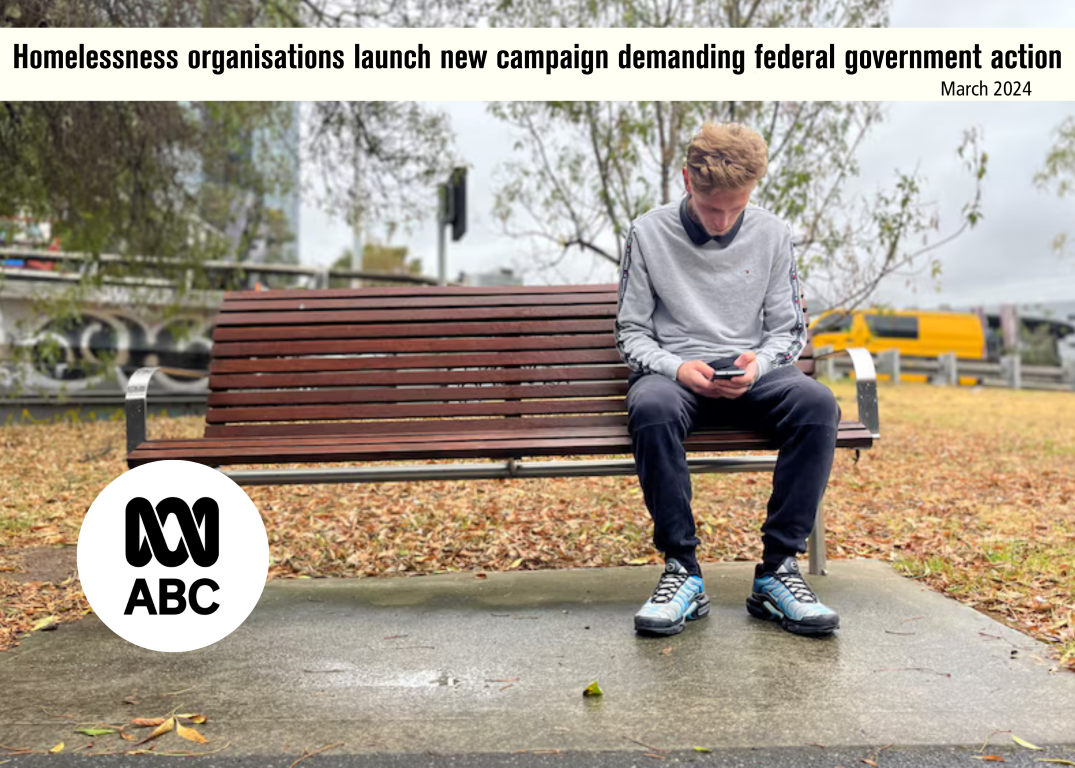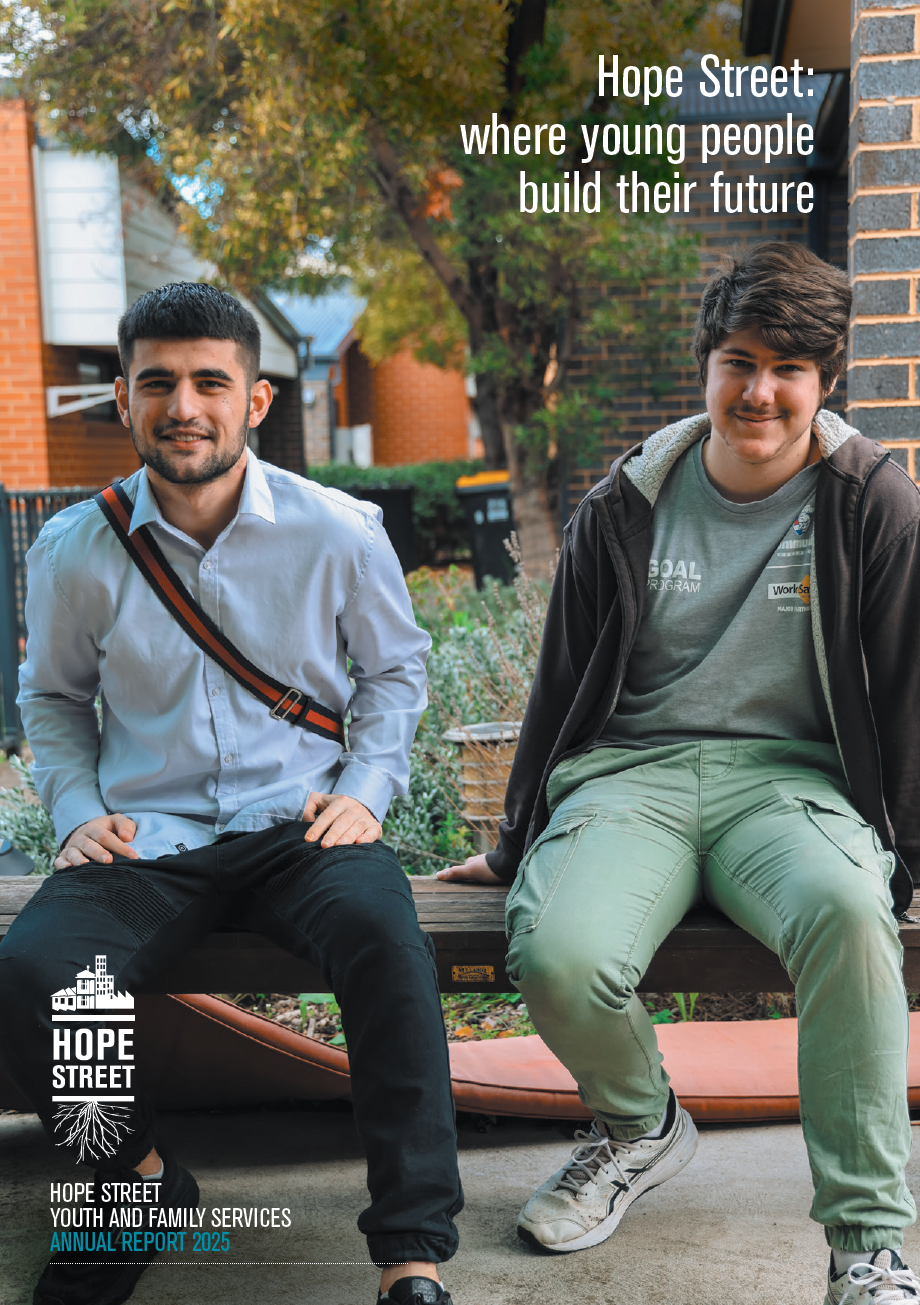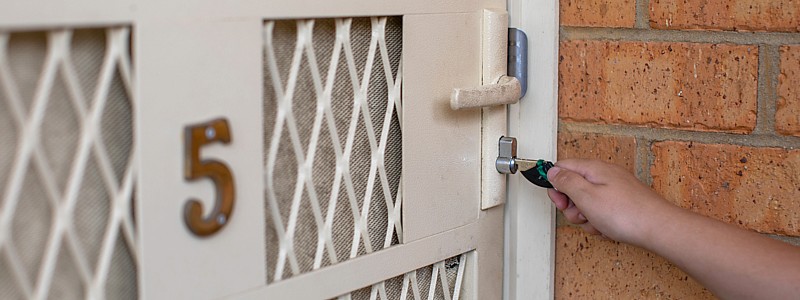
Hope Street has joined a coalition of nearly 100 organisations demanding the federal government do more for youth homelessness. With fresh figures revealing the extent of youth homelessness, the campaign, ‘Home Time,’ has called on the Commonwealth to develop a national pool of 15,000 dedicated youth tenancies for 16 to 24 year-olds. The launch of the ‘Home Time,’ campaign has landed alongside a letter to the Federal Housing and Homelessness Minister Julie Collins. The letter calls for three key policy reforms “to fix housing for young people in Australia,” and has been signed by 81 homelessness peak bodies and organisations, including Hope Street.
The letter calls on the Commonwealth government to –
· Develop and maintain a national pool of 15,000 dedicated youth tenancies for 16-24 year olds
· Provide linked support services to enable young people to pursue their individual goals and transition to full independence
· Address the rental gap to ensure viability for housing providers and landlords offering tenancies to young people who have been homeless
“Whilst there is an urgent need to address youth homelessness through a dedicated portion of social and public housing specifically designated to young people, 15,000 is still far below what Australia actually needs to accommodate for young people experiencing homelessness. Hope Street is supportive of the Home Time campaign and policy reform on a social housing to address youth homelessness on a federal level, and strongly advises that it must be needs based process to reflect the high levels of youth homelessness present in Australia. Reform on social housing must accommodate the high percentage of young people on social and insecure incomes and needing homelessness services as well as affordable public and social housing. Everyday hundreds of young people rely on homelessness services for support, a dedicated portion of youth focused designed social housing must be constructed/secured to meet this demand and provide the duty of care to support vulnerable young people. With this support is the need for a dedicated support system that links young people with their goals and independence for a brighter future.” - Donna Bennett, Chief Executive Officer, Hope Street.
In the words of Brian Burdekin, AO. “Following my National Inquiry on Homeless Children I appealed to the Australian High Court to change Australian law to implement the United Nations Convention on the Rights of the Child. The High Court ruled that the Australian Government must respect the rights of all children set out in that important Convention —including the right to adequate housing.”













